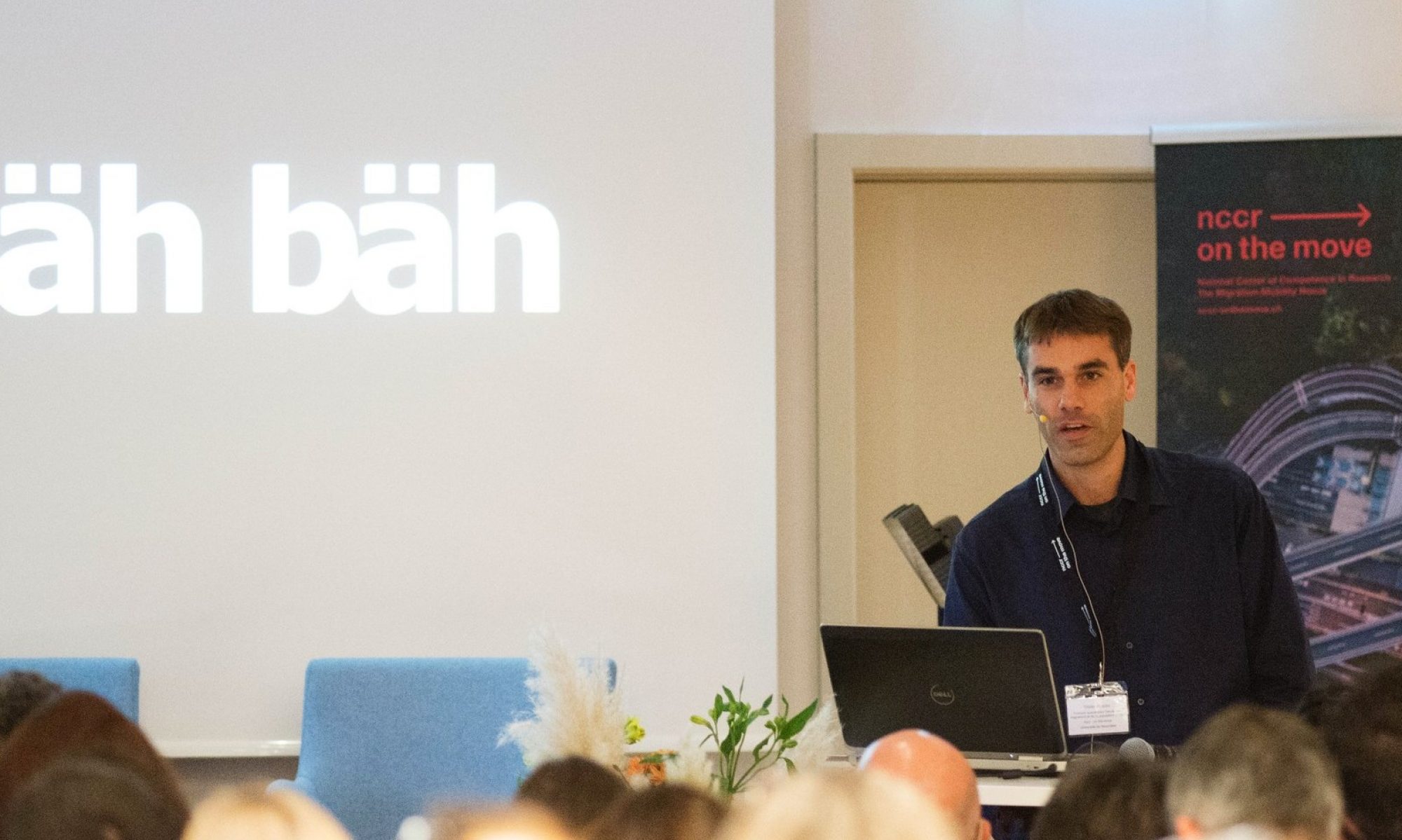The social science at the University of Neuchâtel are looking for a lecturer in quantitative methods. Starting 1 July 2024.
You will teach an introductory course to 1st and 2nd year BA in the social sciences, prepare and support practical exercises, and have time for your own research. You’ll need a relevant PhD, a strong track record in quantitative methods, and teaching experience. Teaching is in French (non-negotiable).
Deadline : 31 March 2024
Advert (French)
